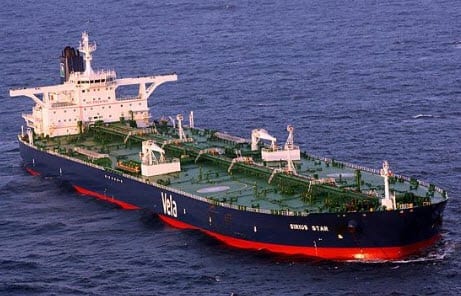 Still trying to recover from the bans in place by the E.U. and U.S. against the coverage and reinsurance.
Still trying to recover from the bans in place by the E.U. and U.S. against the coverage and reinsurance.
The president of the Bimeh Markazi (Central Insurance) Company in Iran has just announced that Tehran is now prepared to being providing oil insurance to tankers that are transporting crude from the country.
They are taking this step as a preemptive step in case the western government sanctions are tightened.
Though there are already oil insurance sanctions imposed by the European Union as well as the United States, the country is concerned that those measure could become even more restrictive and they are therefore preparing for that scenario in order to try to prevent the damage it could cause to the industry.
The oil insurance sanctions have been in place from the European Union since last July.
The president of Bimeh Markazi, Mohammad Karimi, said that “In case of tighter insurance sanctions by the western governments, Iran’s insurance industry is capable of insuring oil tankers”. He also stated that he feels that the western sanctions were designed to harm Iran, but that the country has been able to turn those struggles into a number of positive opportunities.
As of yet, billions upon billions of dollars in crude exports have been lost due to the sanctions and the inability to obtain coverage for the tankers providing the shipping. The reason is that over 90 percent of the oil insurance and reinsurance had previously been provided by insurers in the European Union. Countries that have continued to receive shipments from Iran – including India, China, and some others in that region – have had to come up with their own coverage or find their crude sources elsewhere.
According to Karimi, “In all international laws and conventions, the insurance industry is not subject to sanctions, but as you see big powers have imposed unfair sanctions against our country’s insurance industry.” That official stated that the oil insurance for each tanker will provide coverage of up to one billion dollars. He also pointed out that the larger risk have coverage within a consortium’s framework. He pointed out that the coverage is up to international standards.
